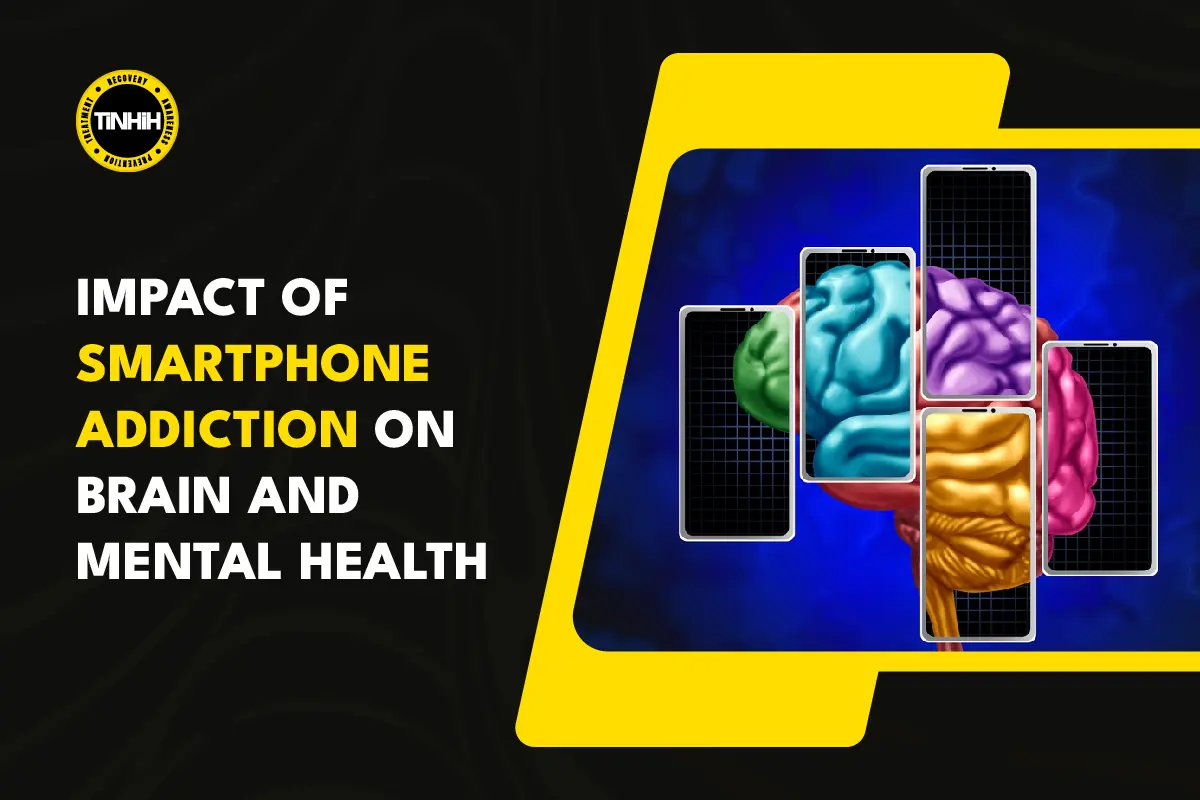
Grief and Sobriety

This month my grandmother passed away. While it has been hard, it has also taught me a great deal about grief. This is the first deep loss that I have felt in which I haven’t had anything to numb the emotions. At the age of 32, I live a much more balanced and healthy lifestyle than I did in my 20’s. I do not use food, exercise, substances, or anything else to help me manage my emotions. Instead, I am finally able to sit in my emotions, learn from them, see what I need for them, and then tend to them.
As I process my grief this time around, I’ve noticed that it feels quite different from other emotions.
Other emotions, like happiness or fear, hit you square between the eyes. There is no doubt you are feeling the aforementioned emotions. On top of that, those emotions usually happen after a specific event or after something that triggers them. We feel happiness because we scratched off a lottery ticket and realized we won a million dollars, or we feel fear because a creature with a chainsaw ran out from behind the bushes. But grief is different. Grief is subtle, complex, and complicated.
Grief is like threads of silk.
Grief happens when you’re falling asleep and you wonder, “What’s going to happen to the food in my grandmother’s fridge?”
For no reason.
There it is.
All of a sudden you’re crying because there’s food in her fridge but she’s no longer here to eat it. A fine, silk memory of the fridge appears in the base of your mind and weaves with the other memories of your grandmother opening that fridge to pull out the cheese to make her homemade grilled cheese sandwiches. Then that silken strands wraps around the next, soft memory of the pictures your grandmother kept on the fridge of all her grandchildren. There they are, the pictures of every grandchild at their prom, their graduation, their vacations, the captured moments staring back at you from inside your head. Finally, the threads all tie together to that last time you went to visit. How your grandmother opened the fridge and asked you over and over if you wanted her to make you a snack. But you kept saying no; you kept saying no because you were trying to eat healthy and didn’t want to waste the calories. You turned down the last opportunity you had for your grandmother to make you a snack.
Now she’s not there to use the food in her fridge any more.
Other emotions cover you. They’re heavy and they’re blunt. In many ways I’m glad they are. I want to feel fear immediately and intensely so I know to run away from the scary creature with the chainsaw. I also want to feel joy loudly and deeply. I want to feel a strong surge of emotion immediately after I win a race, or when I get a good grade, or when I hear someone tell me they love me.
But grief is different. Grief is a combination of many fine, thin, barely-visible memories that sneak up on you. They’re the type of memories that can weave together with more memories and create something huge and over-powering, but those memories start out so small and simple and unthreatening.
They are also the type of thin, complex memories that I can now confidently say that I would only want to handle sober. Using exercise, food, substances, or anything else to shield you from your emotions also clouds your vision and makes it impossible to follow the fine threads of grief. You can’t feel the pain, but you also can’t follow the pattern, and ultimately that pattern will end up making its way back around to you again.
If you or someone you love is struggling with grief and staying sober this is a great time for reaching out for help. Take time off from work, seek out therapy, bring yourself back to some of the happy memories so that you can approach the many threads of grief from a safe place.
Finding peace in grief is hard, but much like sobriety, just because it is hard doesn’t mean it’s impossible.





